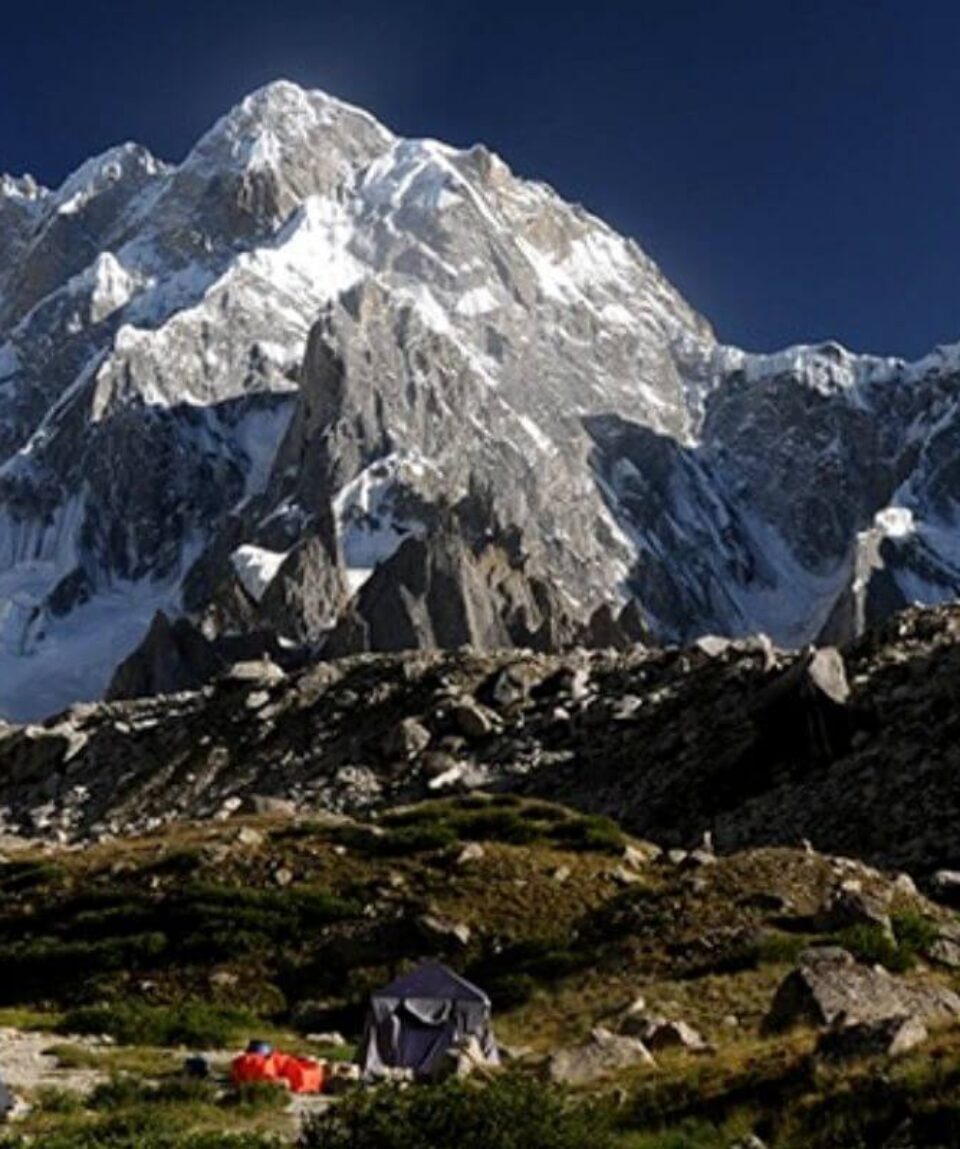K7 Peak Expedition
fromThe K7 Peak Expedition is an exciting test in the Karakoram Mountains. Conquer the 6,935m summit, put your abilities to the test, and enjoy breathtaking views. A once-in-a-lifetime experience for intrepid mountaineers.
-
Reviews 0 Reviews0/5
-
Vacation Style Holiday TypeCamping, Climbing, Expedition Style, Guided, Mountaineering, Rock Climbing, Tours & Sightseeing, Trekking
-
Activity Level Challenging
-
Group Size Large Group
The K7 Peak Expedition is an exhilarating and difficult climbing expedition in Pakistan’s breathtaking Karakoram Mountains. K7, also known as Saraska Peak, is a mountain in the Saltoro and Masherbrum ranges in the Baltistan Region. This summit, which rises to a lofty 6,935 meters (22,749 feet) above sea level, draws climbers from all over the world to put their prowess and resolve to the test.
The adventure starts in the lovely Hushe Valley, which serves as the entrance to the southern sides of the magnificent peaks and mountains of the Karakoram. The Karakoram Mountain Range is a spectacular collection of peaks that stretches through China and Pakistan. It is home to some of the most famous summits in the world, including K2, Gasherbrum, and Nanga Parbat. It connects with the Hindukush and Himalaya Mountains at numerous locations along its 500-kilometer length and 200-kilometer width.
Since its initial successful climb by members of the Japan Ski Club, K7 has captivated mountaineers. Notably, K7 was reached in 2011 by Slovenian climber Urban Novak and two Americans, Kyle Dempster, through a brand-new route from the peak’s eastern section. Even in adverse weather, their accomplishment demonstrated both skill and tenacity.
Climbers who set out on the K7 Peak Expedition are rewarded with breathtaking scenery, soaring glaciers, and the rush of reaching a challenging summit. The route has its share of difficulties, making it a venture best left to seasoned mountaineers looking for the ultimate challenge.
The reward for those who have the courage to attempt the K7 Peak Expedition is not just the summit itself, but also a profound connection to the unadulterated grandeur and magnificence of the Karakoram. This extraordinary journey guarantees to leave a lasting impact and create priceless memories of scaling one of nature’s most stunning peaks.
- Base camp lodging (single supplement)
- A complete base camp with a dining tent, restrooms, showers, and solar power
- All domestic/internal transportation
- Every domestic flight
- 50 kilograms (110 pounds) of personal baggage
- All meals (B, L, D) while on the trek and at base camp
- Group satellite phones and emergency devices with a set calling fee
- Arrival and departure nights of two nights each in an Islamabad hotel (bed and breakfast only)
- Guides, cooks, kitchen workers, assistants, porters, etc. are covered by staff insurance.
- Pakistani cook with experience
- Porters for all expedition supplies
- Kitchen staff
- Base camp solar power
- Generator of electricity (backup for high-voltage equipment)
- International airfare
- Fees for permits and royalties are based on the number of people
- Personal gear for climbing, dressing, and sleeping
- Equipment for group climbing, including rope, ice axes, snow bars, EPI gas, and other items
- Insurance coverage for mountain rescue and evacuation is required.
- Food and lodging above base camp
- Any assistance beyond base camp
- Talking radio (walkie-talkie)
- Climate reports
- Cargo of personal items to/from Islamabad
- The visa cost for Pakistan
- $250 total in tips/gratuities for the staff, cook, and assistant(s).
- In Islamabad, meals
- Additional hotel stays following the ascent
- Trip cancellation insurance
- All costs incurred in the event of an early wind-up or summit (additional hotel stays, hotel meals, and evacuation)
- Charges incurred as a result of delays that are beyond Karakoram Trails’ control (for cause majeure)
- Personal correspondence between Pakistan and the home country by phone, fax, and email.
- Day 01 Arrive at Islamabad International Airport, Islamabad
- Day 02 Fly to Skardu or Drive to Chilas
- Day 03 Skardu reserve days
- Day 04 Enjoy a free Day and paperwork
- Day 05 Travel to Hushe
- Day 06 Trek to Spangsaar
- Day 07 Trek to K7 base camp - Camp overnight
- Day 08–26 Climbing Day of K7 peak
- Day 27 Trek back to Sahischu
- Day 28 Return to Hushe
- Day 29 Return to Skardu/Sightseeing
- Day 30 Fly to Islamabad
- Day 31 Fly to your home country
Please complete the registration form (click the green “register now and pay later” button) on this page to begin the registration process. Once you submit your form, we will contact you.
If your travel dates do not coincide with our departure dates or if you want to walk alone (with a guide, as required by law), we can arrange solo excursions.
Trekking alone is more expensive than hiking with others. However, it’s crucial to realize that climbing Mount K2 is impossible without a guide and, more crucially, porters (even if a visitor doesn’t want them). Reason: By law, guides are not required to carry any equipment. They need porters to transport everyone’s personal belongings, including the porters themselves, as well as tents, food supplies, equipment, and gas. There are no tea houses or other accommodations, unlike in Nepal. There must be taken enough provisions to last 12–14 days.
People travel in groups on our scheduled excursions, but on the route, nearly everyone walks alone, with the guide following the last member of the group. One of the porters or assistants advances in front of the group. The time gap between the first and last can be up to one or two hours. All hikes on Baltoro are fairly long, so nobody is rushed and everyone moves at their own leisure.
Additionally, we plan treks for exclusive groups. Please get in touch with us and let us know the dates that would work best for your group if you were interested in going on a different journey with your own friends or family.
As a group grows in size, the cost of treks for private groups reduces.
Spending some time getting ready before you leave would be quite fair. You can ask a professional trainer for advice or, on the other hand, you should abide by the fundamental guidelines (hike, long walks, and other cardio exercises that will help you build stamina), knowing that your body should be in good enough shape to walk for extended periods of time and climb for extended periods of time on difficult terrain made up of boulders, dirt, snow, and glacial ice.
You’ll feel a range of temperatures while on your trekking vacation. Up to 45 °C, 30 °C, and 26 °C were recorded in Islamabad, Skardu, and Askoli, respectively. Until we reach the camp at Concordia, when the temperature can be as low as 10 °C or more, a typical day will be warm unless the sky is clouded. The slopes leading up to the Gondogoro La Pass will be covered in snow until early July.
We might be able to walk on snow in June along the highest portions of Baltoro Glacier. By mid-July, snow usually starts to melt. In August and September, snowfall may be possible depending on the weather.
Temperature changes are erratic in the Karakoram Range. Temperatures between Paiju and Concordia may drop to -10 °C at any point throughout the trekking season.
Fixed Departures can reach temperatures as low as -10 °C in September. The Karakoram Range is unaffected by monsoon rains, therefore the summer months are ideal for trekking since they offer clear skies. The participants must be ready to deal with any unfavorable weather circumstances, nevertheless, based on our prior experiences and the fact that the weather is unpredictable.
It is customary for participants to at least give the devoted porters a tip for their labor, which includes lugging heavy loads of supplies and luggage. If the participants are pleased with the guide kitchen crew’s assistance, a payment of between 95 and 120 euros (or its equivalent in your currency) can be made to cover the entire cost of this component. Our trek’s tour guide or leader will be essential in determining how much to tip each crew member and staff member. A “thank you” ceremony will be planned at the end for participants to pass off their tips. Porters who depart early will receive tips earlier
The participants will receive all three meals—breakfast, lunch, and dinner—during this excursion. Our menu will contain a mix of foods from abroad and within Pakistan. Pakistan will be the source of the food’s ingredients. Coffee, cereal, tea, eggs, muesli/porridge, toast, and chapatti will all be included in the breakfast meal. On the trek, lunches will be eaten during the lunch breaks. Options include canned or tinned meals (meat, fish), pickles, crackers, chapatti, pate, and cheese, among others. Our lunch menu for the day is heavily influenced by the weather; participants will start or conclude their meals with tea, coffee, juice, soup, etc.
Every night, the meal will be served in the mess tent, where everyone will congregate to eat the freshly cooked food made by the cooks traveling with our crew. As long as they are nutritious and fresh, fresh veggies will be offered during the first few days of the journey. All vegetarian participants must get in touch with our office and let us know in advance if they require a vegetarian meal plan while on the trek.
Iodized water will be given to trekkers in the mornings, while they are taking breaks and camping. Everybody will drink spring water whenever it is available, but if we run out of options, the participants may have to drink glacier water, which may contain silt.
It is common practice to store water in very big kitchen containers, which also aid in settling the silt particles at the bottom. Participants are welcome to bring their own supplies of bi-carbonated soda if they are sensitive to the smell of iodine. Although everyone benefits greatly from traditional approaches, trying out new ones has no negative effects.
The participants must check in at Islamabad International Airport on the first day. At the gates for international arrivals on the airport grounds, our staff or guide will meet and greet our guests. The host will be escorted to their hotel by the guide or crew. If any of our guests do not need to be picked up from the airport, they must let us know in advance.
Two days ahead of their arrival in Pakistan, they must also provide us with the specifics of both their incoming and departing flights. Our office will email you the names and phone numbers of our office staff after receiving confirmation of your registration and payments.
The majority of the nights will be spent tent camping among the majestic mountains, with a few nights being spent in Skardu and the capital city of Islamabad. While the accommodations in Islamabad are in conventional hotels, the lodgings we chose in Skardu town are some of the best. The accommodations we give at the hotels will be twin-sharing rooms with en-suite bathrooms.
The participants will share a tent large enough for two people while camping. Any person who is traveling on this walk alone will be accommodated by sharing a tent and a room with another participant. First preference will be given to stays with people of the same gender for strangers and lone hikers.
However, a participant can choose a separate tent or hotel room if they so choose; however, there will be an additional charge for arranging a separate arrangement. Participants requiring special assistance must notify our office in advance.
The participants will be awakened by our guide for coffee or a warm cup of tea throughout the trekking days, which will be followed by a satisfying meal in the mess tent. Before breakfast, there will be plenty of time to pack the luggage. After breakfast, the camps will be shut down, and the porters will resume carrying supplies and luggage so that the participants can arrive at the lunch location and begin meal preparation before them. Porters will repeat the procedure in order to get dinner ready for the participants by using the “trek earlier” strategy. Before lunch, a typical hike lasts three to four hours.
Typically, lunch takes an hour, so this is a great opportunity to relax, regain strength, write, read, and do other activities.
The length of the walk will be shorter after lunch than before. The camps will already be put up or already be going when you get to the next camping location. Participants will be given a hot beverage when they arrive at the camp, and supper will be served when it is ready. Once at a camp, participants can relax, read, write, interact with others, and take pictures and videos. The temperature typically drops at night, allowing participants to feel cozy in their sleeping bags and enjoy a full night’s sleep before the next day.
It may be necessary to bring portable chargers, storage cards, and extra batteries on the hiking trip. To ensure that your devices continue to work as long as possible, we urge you to compile a list of all the adapters, plugs, and other electrical equipment you could need.
To find out the best portable battery chargers please visit this link.
We strongly advise our guests to take some time to study the official travel advisories on their country’s Foreign Office website because we endorse and advocate all travel and health safety efforts by various nations across the world. Our first goal is to make sure that our guests are safe. Once we are confident in the safety and security, we won’t begin the journeys. We shall be in constant contact and engage in bilateral communication with the guest who has been reserved for Pakistan.
-
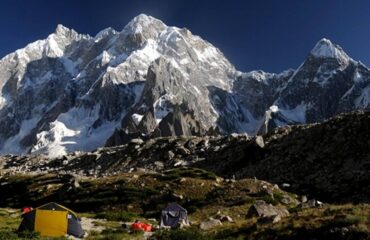 k7 peak expedition
k7 peak expedition
k7 peak expedition
k7 peak expedition
-
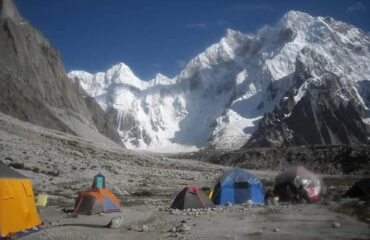 k7 peak expedition
k7 peak expedition
k7 peak expedition
k7 peak expedition
-
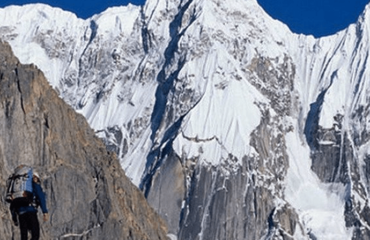 k7 peak expedition
k7 peak expedition
k7 peak expedition
k7 peak expedition
-
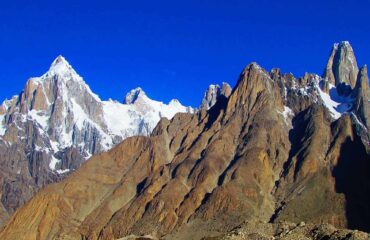 k7 peak expedition
k7 peak expedition
k7 peak expedition
k7 peak expedition
-
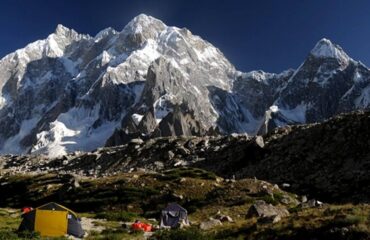 k7 peak expedition
k7 peak expedition
k7 peak expedition
k7 peak expedition
-
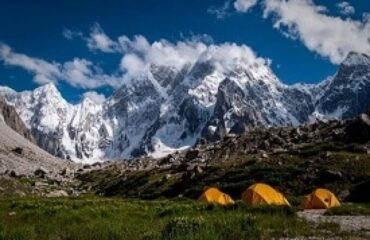 k7 peak expedition
k7 peak expedition
k7 peak expedition
k7 peak expedition
-
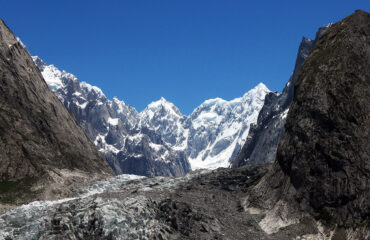 k7 peak expedition
k7 peak expedition
k7 peak expedition
k7 peak expedition
-
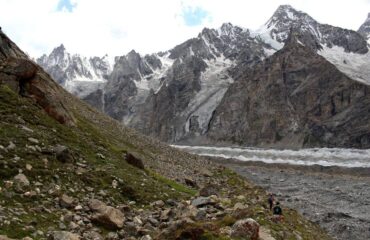 k7 peak expedition
k7 peak expedition
k7 peak expedition
k7 peak expedition
-
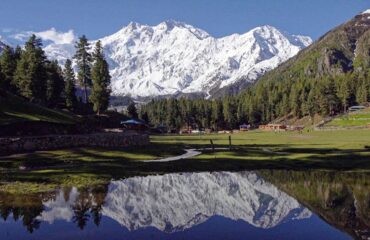 k7 peak expedition
k7 peak expedition
k7 peak expedition
k7 peak expedition
-
 k7 peak expedition
k7 peak expedition
k7 peak expedition
k7 peak expedition
| Package Confirmed Dates | Trip Status Trip Status | Price (PP) Excluding Flights | Price (PP) Including Flights | |
|---|---|---|---|---|
|
June 20, 2025 - July 20, 2025
|
Guaranteed
|
$5,900
|
N/A
|


